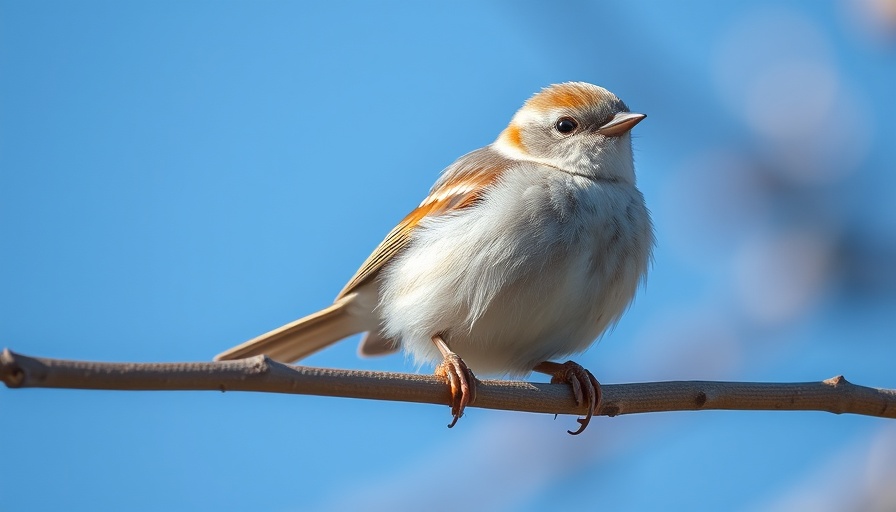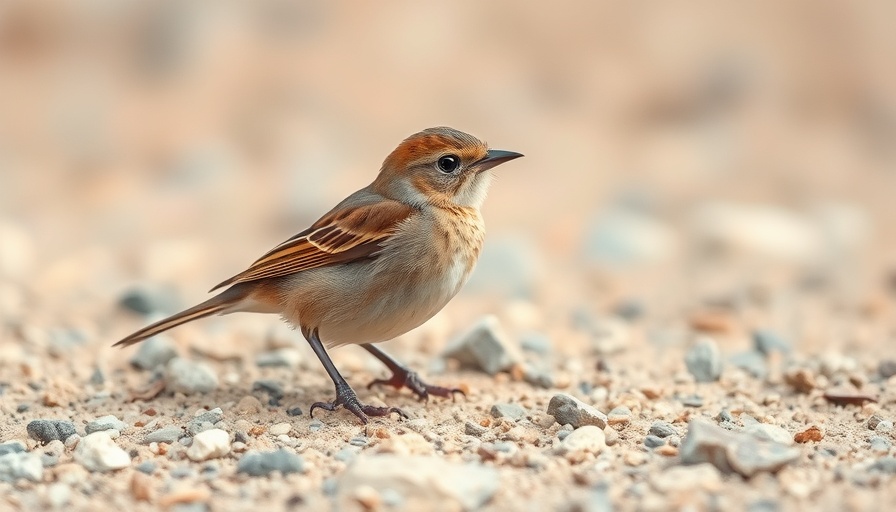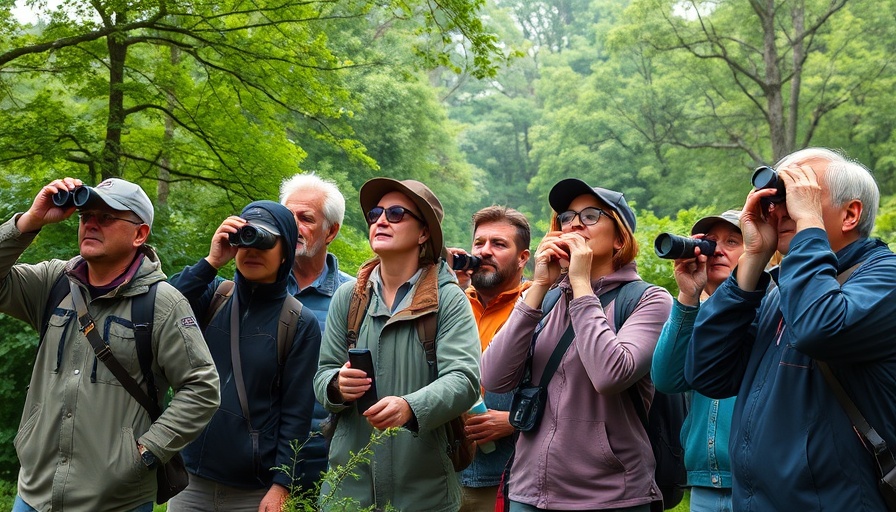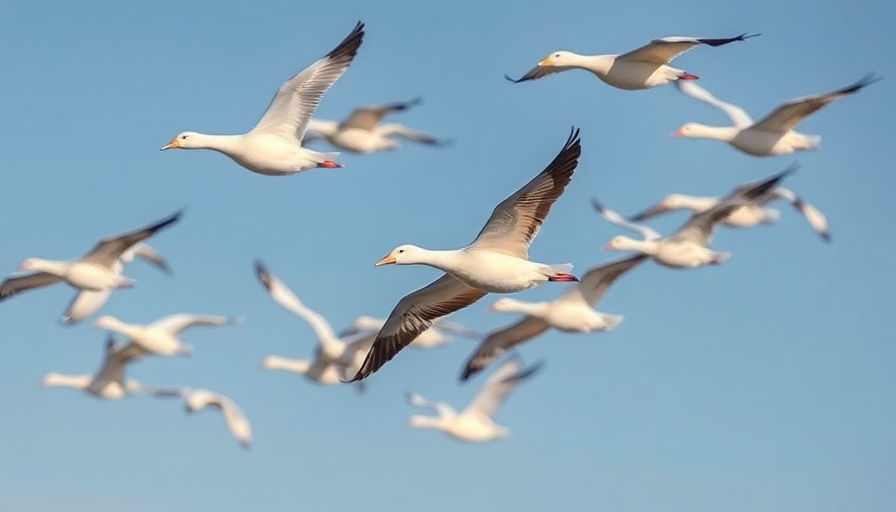
Discover the Fascinating World of Feeder Birds
Birdwatching has become increasingly popular, offering a unique way to connect with nature. If you're keen to elevate your birdwatching experience, the upcoming opportunity from the Cornell Lab's Bird Academy is not to be missed. As part of February's eBirding activities, participants stand a chance to win a free seat in their engaging online course titled Think Like a Bird: Understanding Bird Behavior.
Unlock Insight into Bird Behavior
This course promises to deepen your understanding of avian behavior, engaging you in the fascinating science behind why birds act the way they do. An understanding of these behaviors can transform typical birdwatching into a more rewarding experience, as you learn to interpret their actions and interactions on a new level. Whether you’re observing your backyard feeders or exploring diverse habitats, this knowledge enhances your connection to these remarkable creatures.
Easy Entry via eBird Checklists
Participating couldn’t be simpler! Every eligible checklist you submit during February gives you a chance to win access to this invaluable course. It not only incentivizes you to explore the outdoors but also helps promote citizen science through eBird, an initiative that encourages bird lovers to document various bird species across the globe.
Engage with the Birding Community
For those already participating in the eBirder of the Month Challenges, this opportunity serves as an extra nudge to immerse yourself in birdwatching. Each month of 2025 offers new courses from Bird Academy, where community members can continue to learn and engage.
The Importance of Bird Education
Improving our knowledge of birds fosters a deeper appreciation for these creatures and promotes conservation efforts. The insights gained from understanding bird behavior can drive positive changes in how we interact with and safeguard our avian friends in their natural habitats.
 Add Row
Add Row  Add
Add 




Write A Comment